
Number of student class wise (31 March 2022)
| Grade | No of Students |
|---|---|
| Pre Nursery | 17 |
| Nursery | 52 |
| KG | 50 |
| Grade 1 | 48 |
| Grade 2 | 63 |
| Grade 3 | 68 |
| Grade 4 | 50 |
| Grade 5 | 33 |
| Grade 6 | 38 |
| Grade 7 | 30 |
| Grade 8 | 32 |
| Grade 9 | 19 |
| Grade 10 | 17 |
| Grade 11 | 9 |

| Grade | No of Students |
|---|---|
| Pre Nursery | 17 |
| Nursery | 52 |
| KG | 50 |
| Grade 1 | 48 |
| Grade 2 | 63 |
| Grade 3 | 68 |
| Grade 4 | 50 |
| Grade 5 | 33 |
| Grade 6 | 38 |
| Grade 7 | 30 |
| Grade 8 | 32 |
| Grade 9 | 19 |
| Grade 10 | 17 |
| Grade 11 | 9 |
Ms. Jyothi Thyagarajan is the Director of IB Schools at Kunskapsskolan and the Head of IB Curriculum at Kunskapsskolan Gurgaon. In her role, she assists other Heads of Schools in introducing international curriculums, drawing on her extensive experience in educational leadership.
With a career spanning four decades, including 25 years in international education, Ms. Thyagarajan has held prominent leadership positions in renowned institutions such as The British School, Ardee School, and Heritage Experiential International School Gurgaon. Her journey began at Springdales School, Dhaula Kuan, where she spent 14 years before moving to The British School, New Delhi, for an 18-year tenure as Deputy Principal. She then served as the Director of Development at Ardee School, overseeing campuses across India followed by five impactful years at Heritage International Xperiential School as Senior Leader for Academics and Student Affairs.
She is a Cambridge-accredited and trained examiner for IGCSE coursework and oral examinations in English as a Second Language, as well as an IB-certified teacher for Literature and Language and Literature.
Her professional development includes participation in the Programme for Strategic Leadership in a Changing Environment at IIM-Ahmedabad and modules from the Principal’s Training Centre in London. Additionally, her certification for the inspection of CIS schools has provided her with the opportunity to study and integrate best practices from around the world into her educational framework.
Recognised for her excellence in teaching with the Indu Chowfin Award, Ms. Thyagarajan firmly believes that education should extend beyond intellectual development. She is dedicated to creating learning opportunities that empower each student to pursue personal goals aligned with their interests and passions, shaping the next generation of learners.
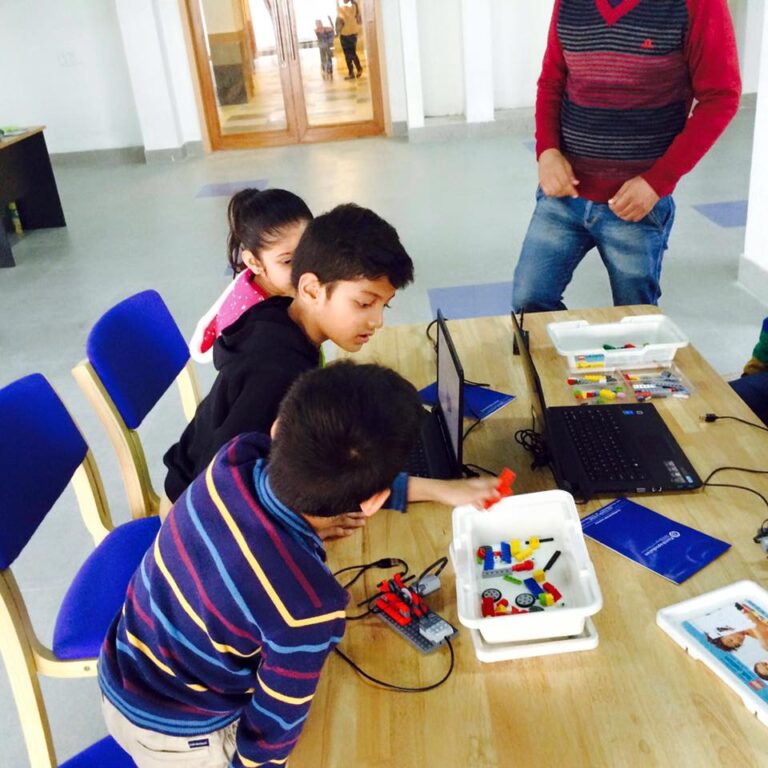
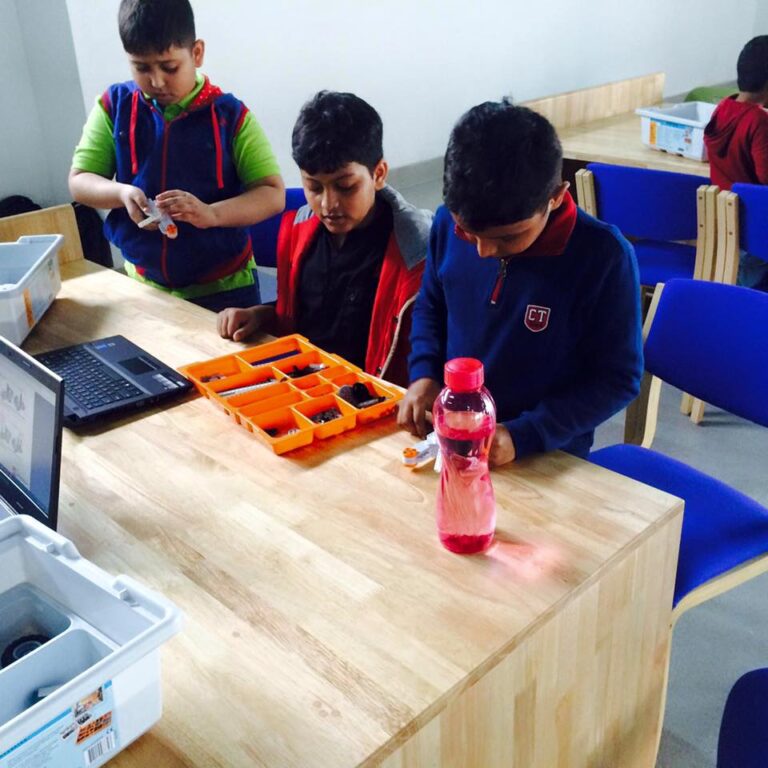
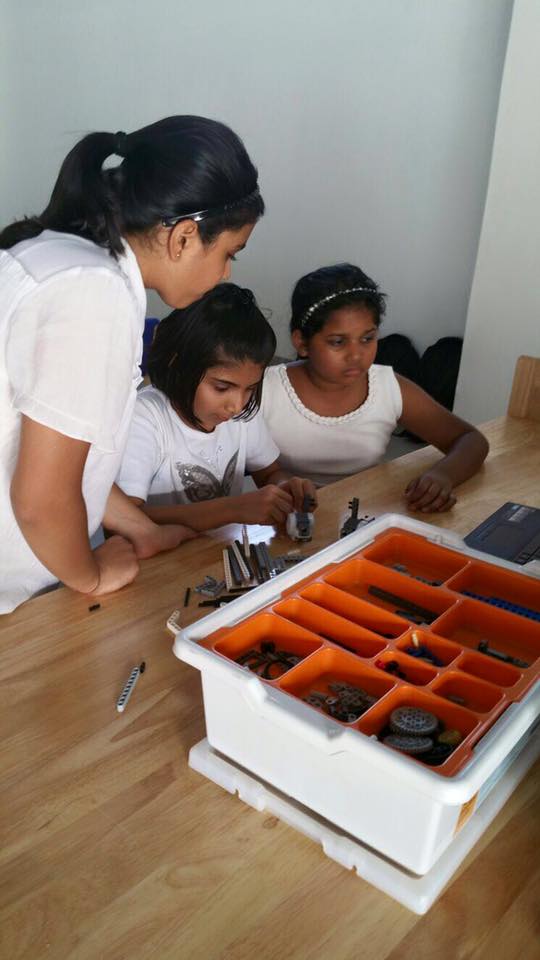
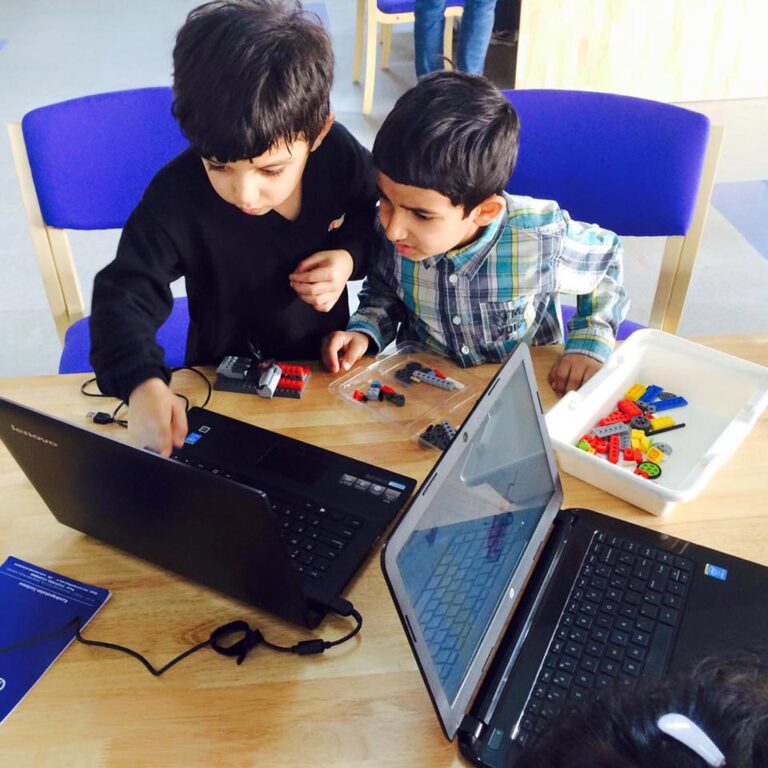
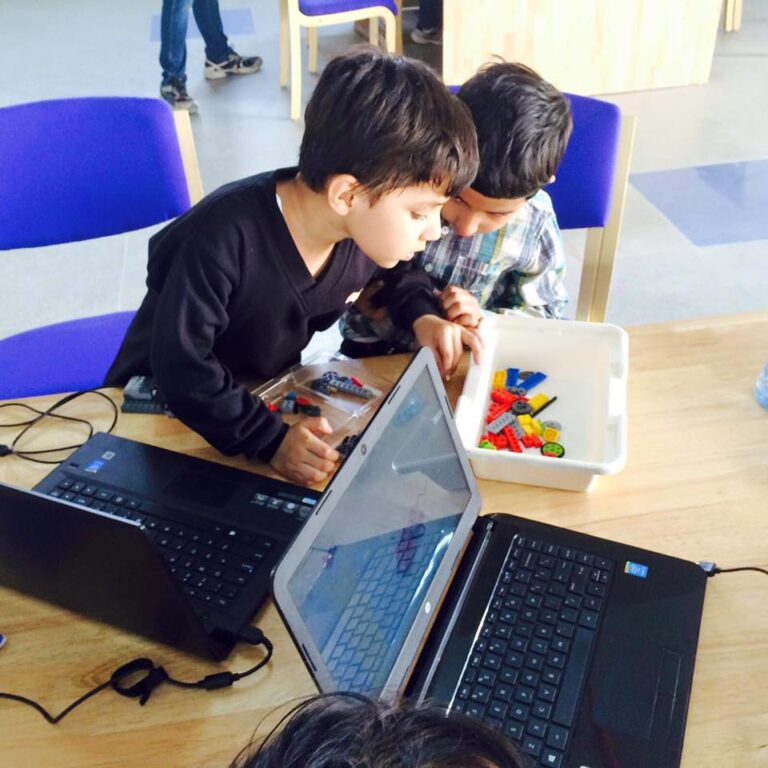
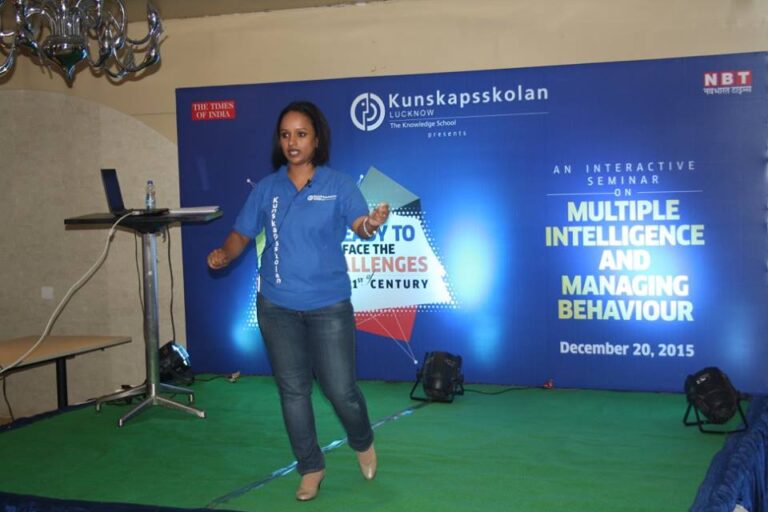
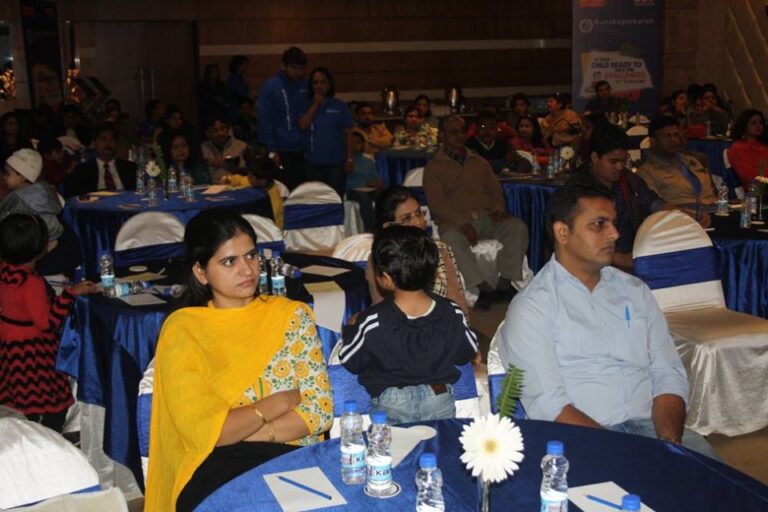
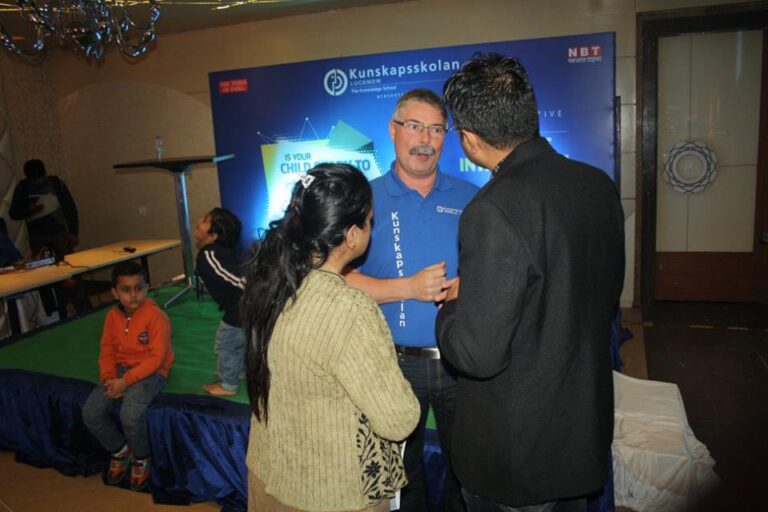
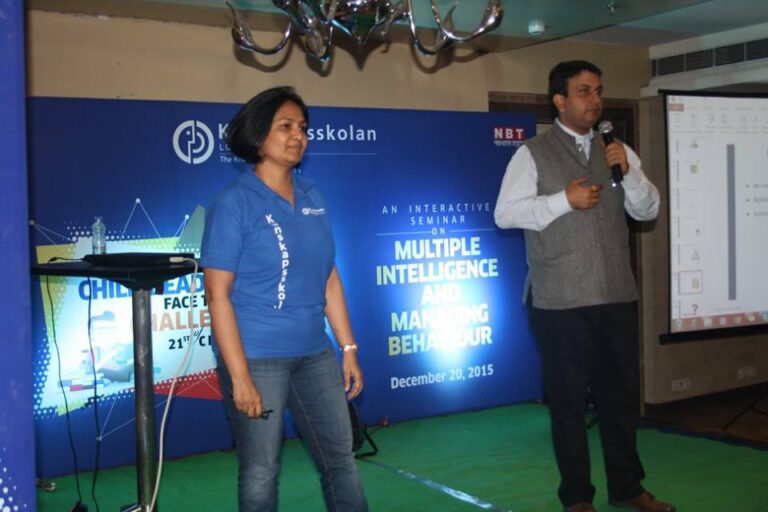
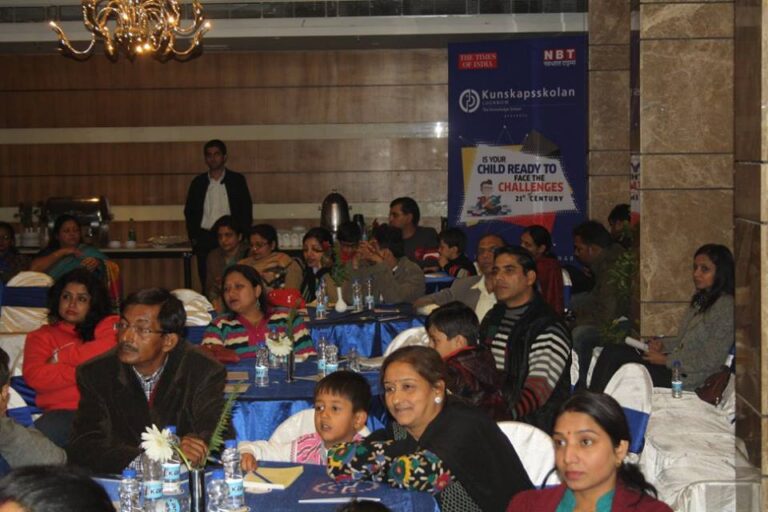
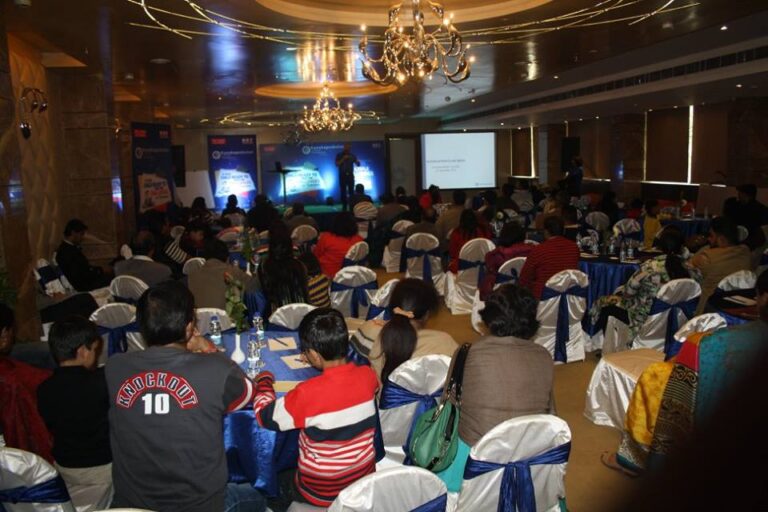
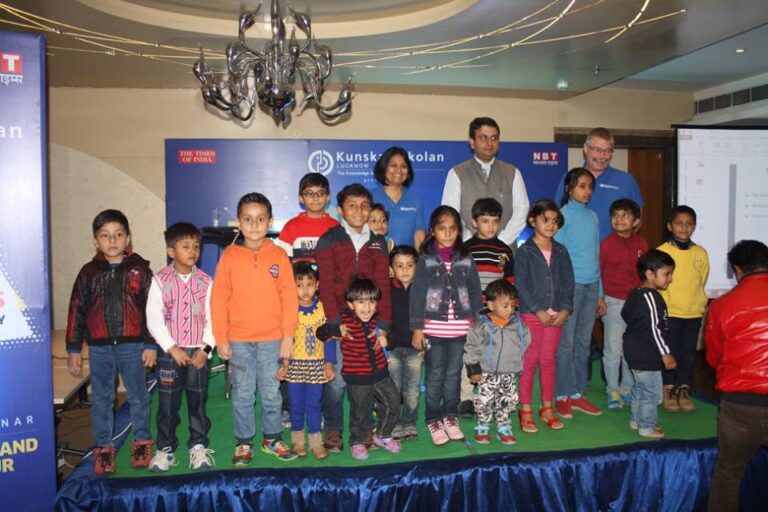
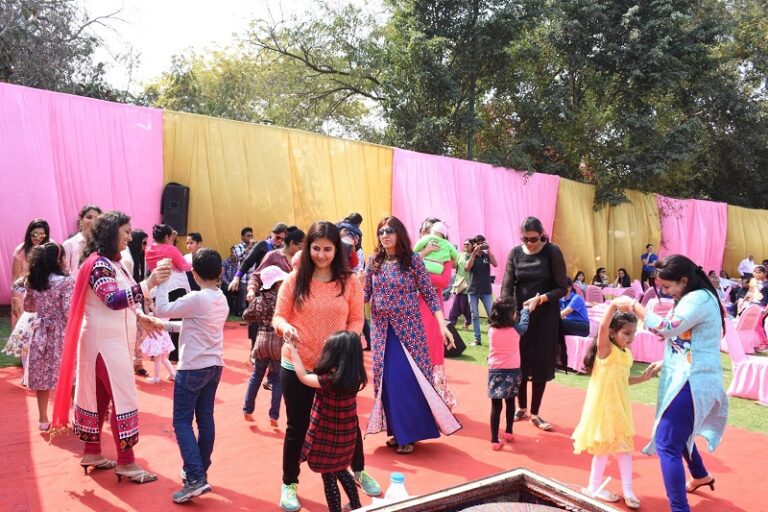
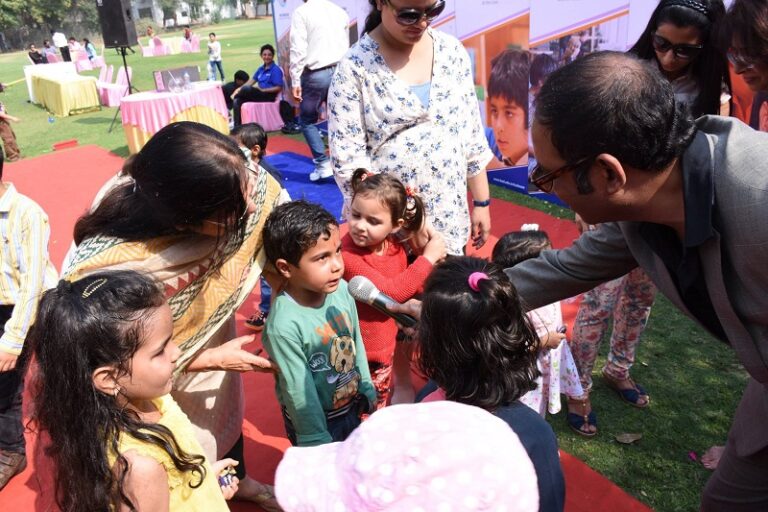
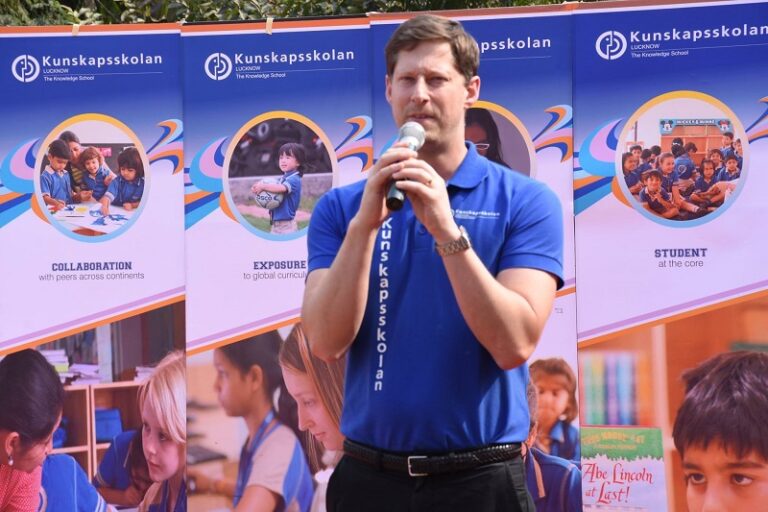
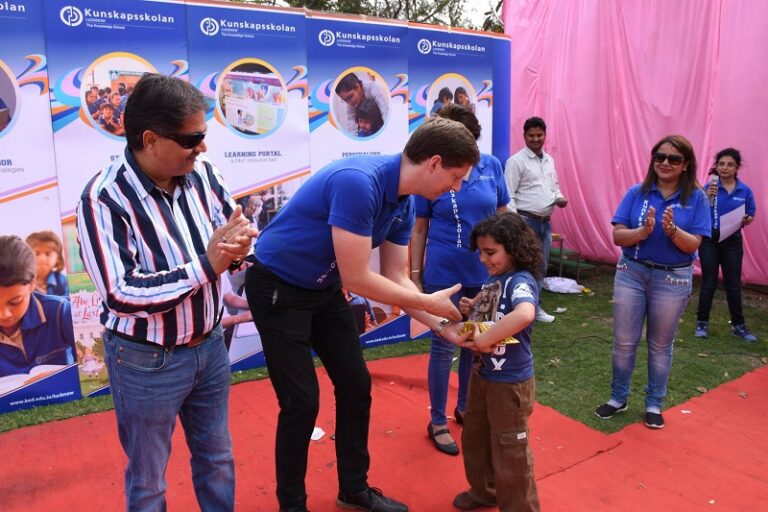
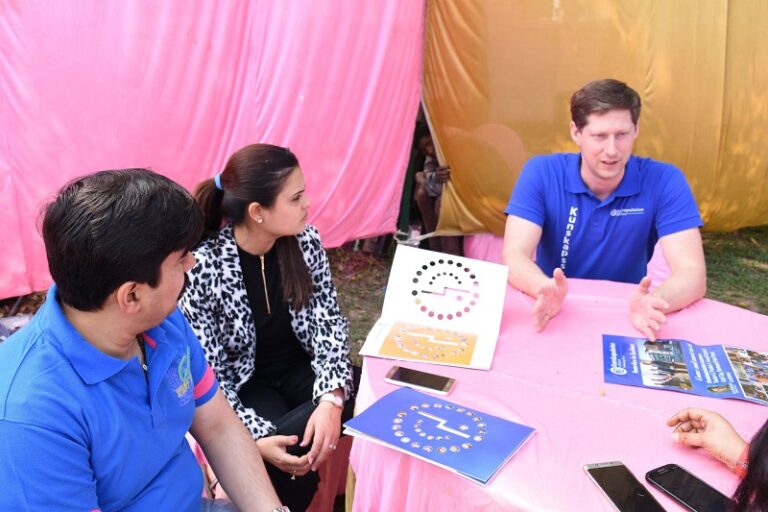
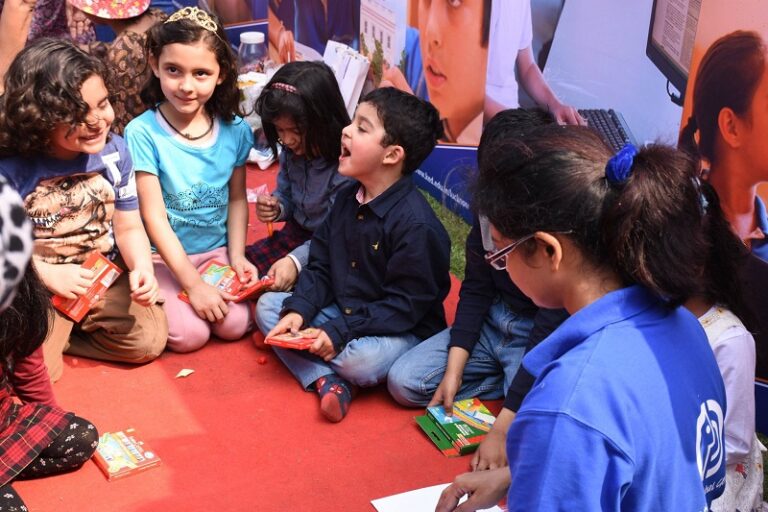
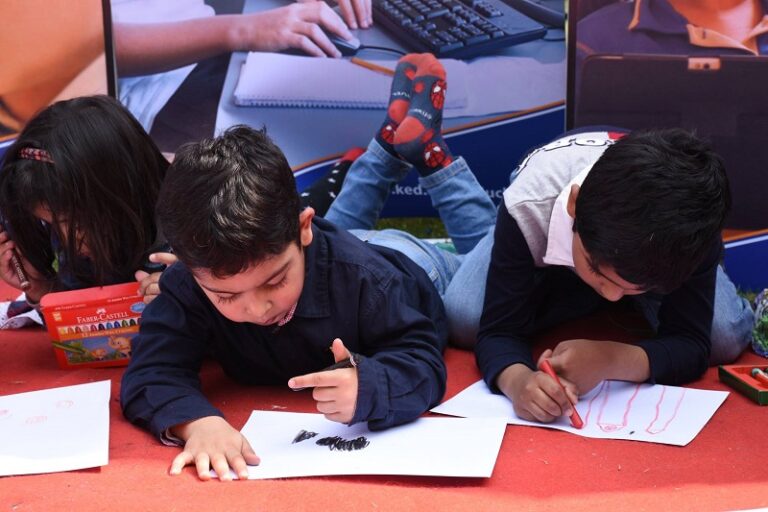
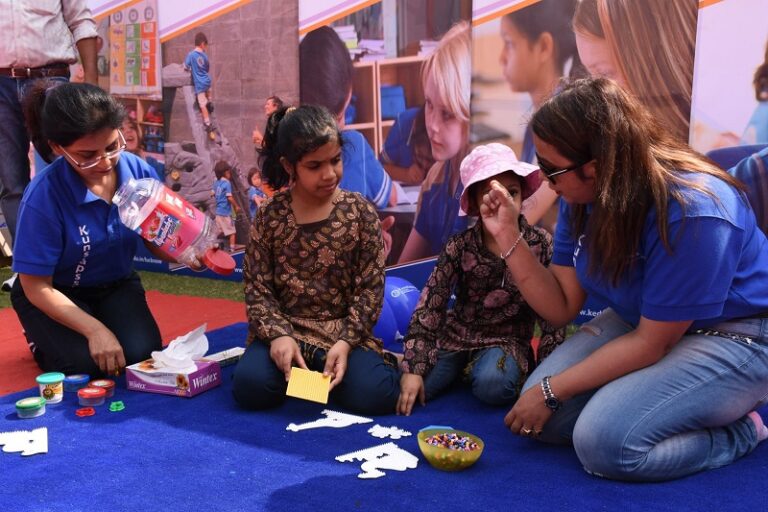
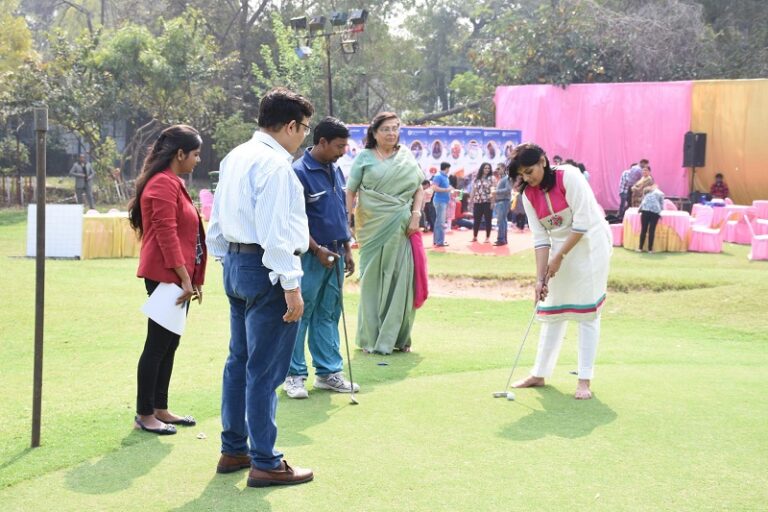
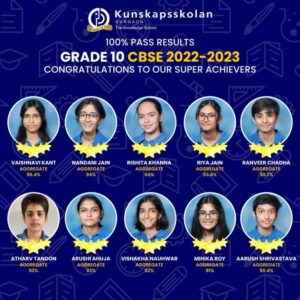
The CBSE’s mission is to facilitate learning for the physical, emotional, social and intellectual well-being of students. A pace-setting National Board of School Education in the country, the CBSE always aspires and endeavors to be a center of excellence for providing quality education by continuously working on the educational standards to meet the national and global needs. The Board focuses upon the following:
CBSE curriculum is designed to achieve quality benchmarks in middle school (classes VI-X) and senior secondary (classes XI & XII) programmes consistent with the national goals and replete with innovative methods to achieve academic excellence in conformity with psychological, pedagogical and social principles. CBSE offers a standardized and structured curriculum which adapts to the changing demands of society and develops future ready learners. It believes in seeking pedagogic unity, creative adoption of changing technologies, constant capacity upgradation of teachers, integrating art and sports in education, environmental concerns, and imparting a cluster of futuristic skill sets that prepare a student to become a global citizen. At the Kunskapsskolan, we believe our mission closely aligns with the CBSE philosophy of ‘Value creating Education’ thus transforming our students into responsible global citizens. CBSE spans across a network of over 22030 affiliated schools, out of which 232 schools are located in 27 foreign countries
Middle Years are the most important milestones in a student’s life. Middle-school students are working toward developing certain skills like problem-solving skills and thinking skills. They also start to participate in decision-making and organization, time management. This is a time of major social and emotional growth. Students may struggle to fit in and try to discover self-identity. At Kunskapsskolan like IB we always have students at the center of our focus. We empower every student to master the challenges of today by providing them with the opportunity.
At Kunskapsskolan we offer IB Middle Years Program (MYP), which is an inclusive curriculum offered to 11- 16-year-old students. The MYP curriculum helps the students to make practical connections between their studies and the real world, preparing them for success in further study and in life. The MYP curriculum framework comprises eight subject groups, providing a broad and balanced education for early adolescents.
Our middle school students participate in events beyond the classrooms like interschool events/ sports which enhances their learning and social development. All MYP students are a part of Community Projects/ Service Learning as part of MYP action. They delve deeper into the inquiry process before taking action and reflecting on the process.
Through our personalized learning and clear goal setting we endeavor to prepare our students to become responsible global citizens and the future leaders of tomorrow.

A typical day at Kunskapsskolan School is exciting and challenging. At Kunskapsskolan School, students start their day with their base group and coach. The base group session begins with listening to and observing the daily news. This is followed by guidelines from the teacher to help students create their own personal time plan which ensures optimal utilization of time to achieve students’ personal and academic goals.
During the day students attend diverse teaching learning sessions such as workshops, lectures, seminars, communication sessions and lab sessions. Each of these sessions is aimed at supporting and mentoring students. While some sessions such as the lectures, lab sessions and seminars are largely teacher directed, workshops and communication sessions are guided by the needs of the students. Workshops are sessions wherein students receive targeted help from subject teachers. The student get individual or group help on starting a course or learning skills.
The lab sessions are interactive sessions providing students opportunity to explore and apply their learning in real life situations. Communication sessions held regularly help to enhance the ability of students to express with clarity, develop listening and comprehension skills and vocabulary.
These academic sessions are interspersed with co curricular sessions such as art, music, dance and diverse sports, providing the environment for holistic development of the student.
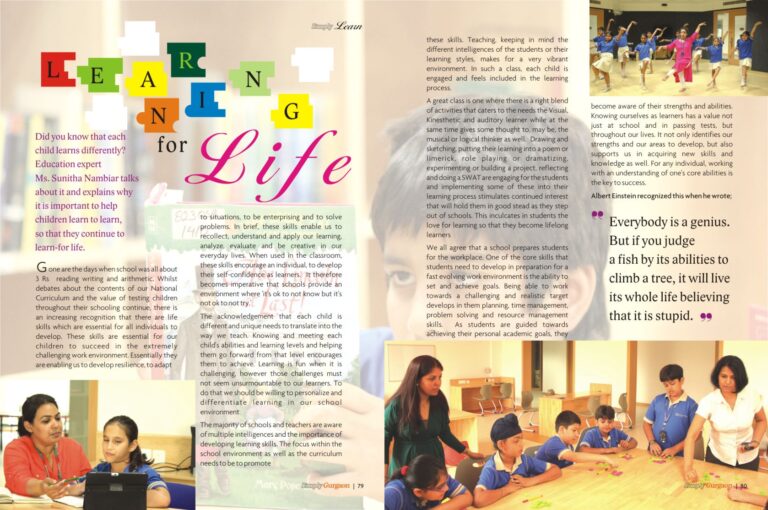

Kunskapsskolan is a global school where students will develop in an environment that nurtures them and their uniqueness. Exposure to the varied curriculums of Kunskapsskolan schools across the continents will provide the students with an enhanced and holistic view of the world they inhabit. The subjects and concepts taught at the various grades are aligned to the CBSE curriculum.
In Kunskapsskolan, all the subjects are organized in Steps and Themes. This challenges students to stretch their boundaries, construct a solid foundation of knowledge and skills.
Subjects that are required to be learnt sequentially and progressively are taught in steps. Math and languages are step subjects. The student moves from one step to the next, once he has mastered the previous requisite step. The students understanding of the concept is assessed through presentations and projects.
The thematic courses integrate subjects. EVS, Arts and Computers are theme courses and organized around projects and missions (assignments). They are solved or carried out by using and applying what the student has learned and demonstrate the ability to use logical thinking and creativity to solve problems.
At preschool the focus is on the different skills that children develop at this age group. The curriculum is theme based with emphasis on developing the language, numeracy, cognitive, socio emotional and motor skills. The learning will be fun filled, activity based and learner centered, strongly influenced by an understanding of early childhood learning.